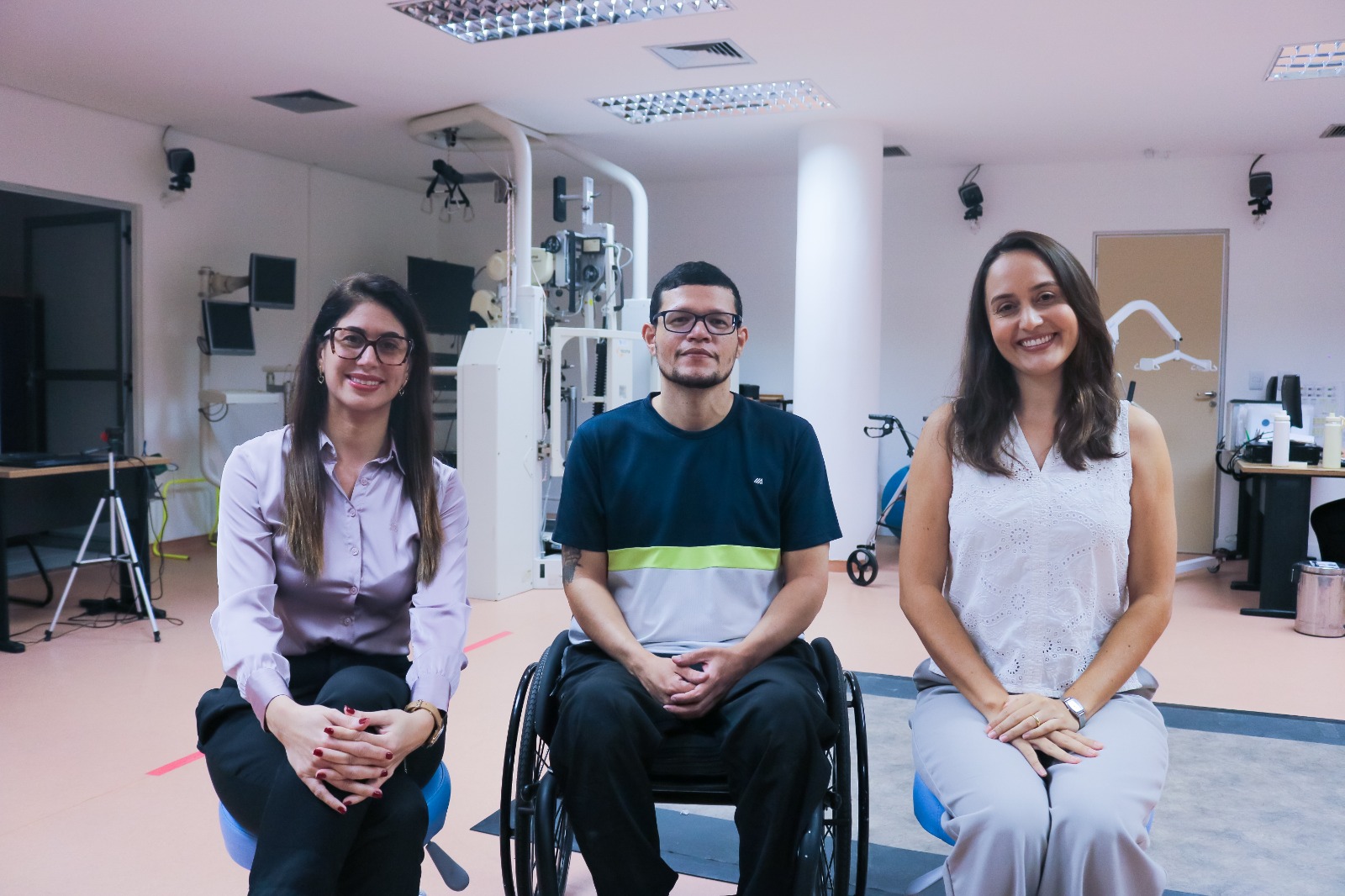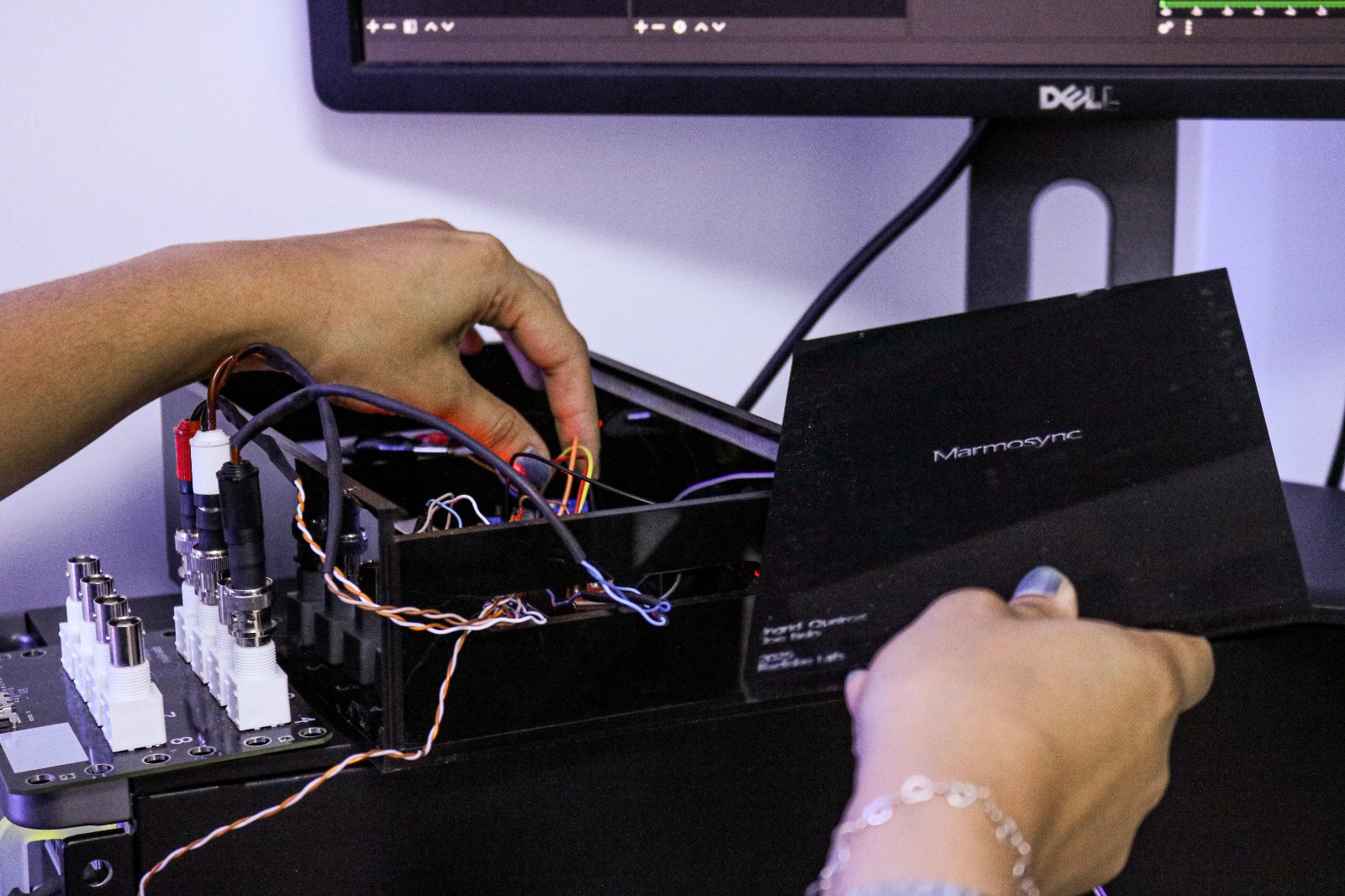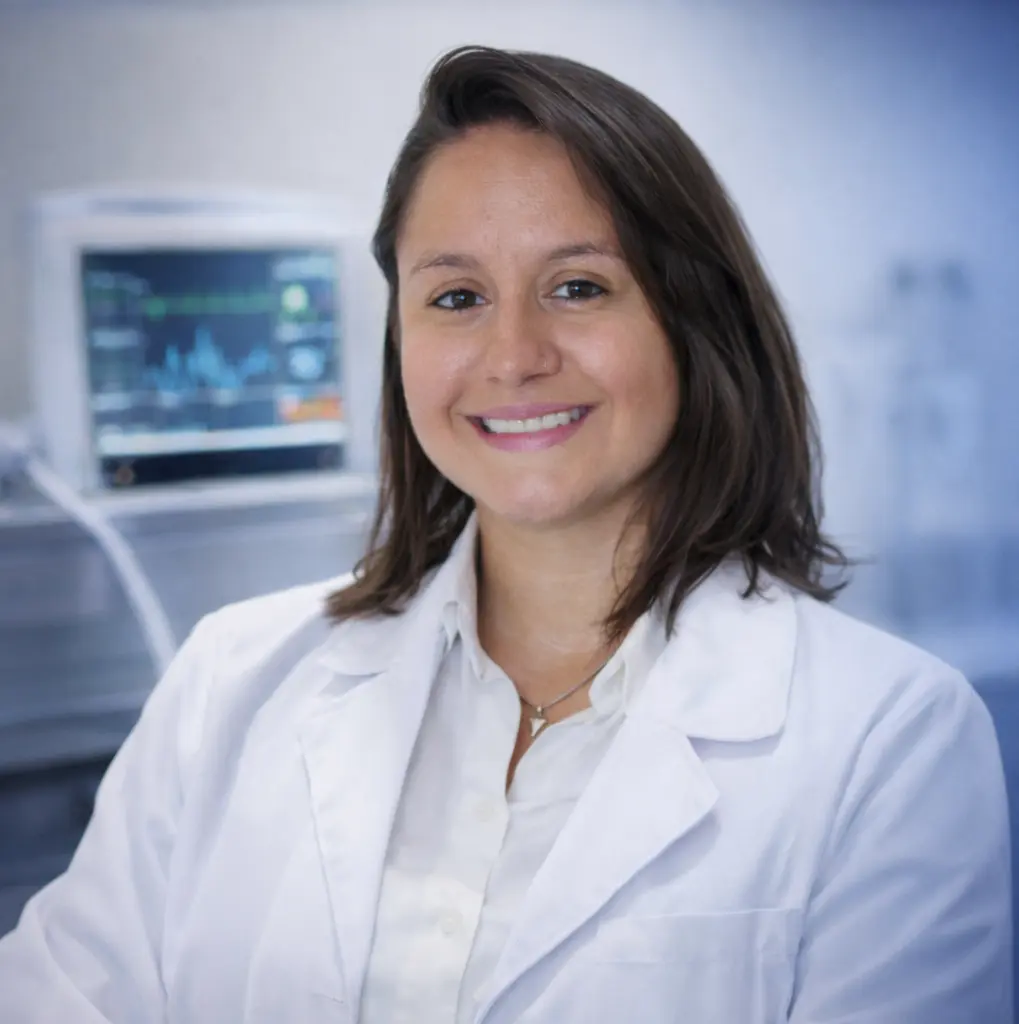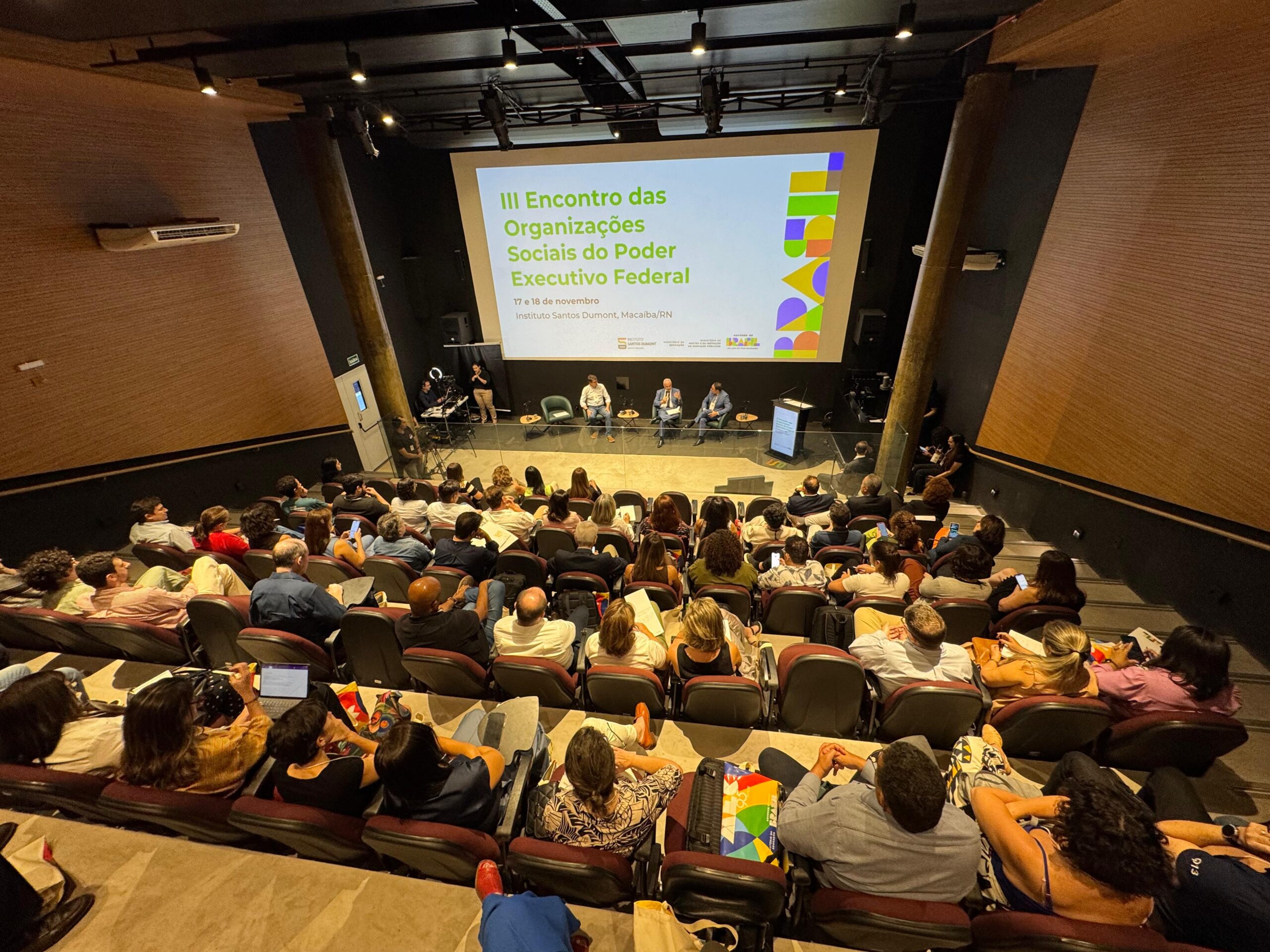The Santos Dumont Institute (ISD) and the Department of Social Communication of the Federal University of Rio Grande do Norte (Decom/UFRN) opened registrations for the first edition of the Immersive School in Scientific Journalism on Monday, September 25. The extension project, the result of a partnership between the two institutions, will select 15 Social Communication students for a week-long immersion, between October 9 and 13, in topics relevant to scientific dissemination.
Registrations are open until October 1st and must be made by Google Forms. At the end of the event, participants who complete the course load will receive a certificate of 30 hours of participation in an extension project.
In total, five workshops will be held, with theoretical and practical approaches that will cover the following topics: how to interpret and find news in a paper; Artificial Intelligence and Journalism; the different types of scientific research; Principles of Bioethics and new digital narratives for scientific dissemination.
The workshops will be taught jointly by research professors from the ISD's Postgraduate Program in Neuroengineering, the first in this area of knowledge recognized by the Ministry of Education in Brazil, and the journalist responsible for communications at the Institute, Mariana Ceci. “The goal is not only to offer content that is relevant to the understanding of science and its processes, but also to provide a multidisciplinary space in which future communicators and scientists can dialogue and share their experiences and visions, adding value to both sides,” says the journalist.
The Immersive School in Scientific Journalism will take place from 8 am to 12 pm, at the two ISD units: the Edmond and Lily Safra International Institute of Neuroscience (IIN-ELS) and the Anita Garibaldi Center for Education and Research in Health (Anita), both located in Macaíba (RN). The ISD provides daily chartered transportation between Natal and Macaíba, with pre-defined routes, which can be used by participants selected to participate in the event.
Social Communication students from any semester who are studying Journalism, Audiovisual or Advertising may apply. The selection will be made based on the analysis of the letters of intent sent by interested parties. The letters, no longer than one page, must include a brief presentation of the applicant, as well as their motivation for participating in the project. Prior participation in extension and research projects is desirable, but is not a mandatory requirement for selection.
ABOUT ISD
The Santos Dumont Institute is a Social Organization linked to the Ministry of Education (MEC) and includes the Edmond and Lily Safra International Neuroscience Institute and the Anita Garibaldi Health Education and Research Center, both in Macaíba. ISD's mission is to promote education for life, forming citizens through integrated teaching, research and extension actions, in addition to contributing to a fairer and more humane transformation of Brazilian social reality.













